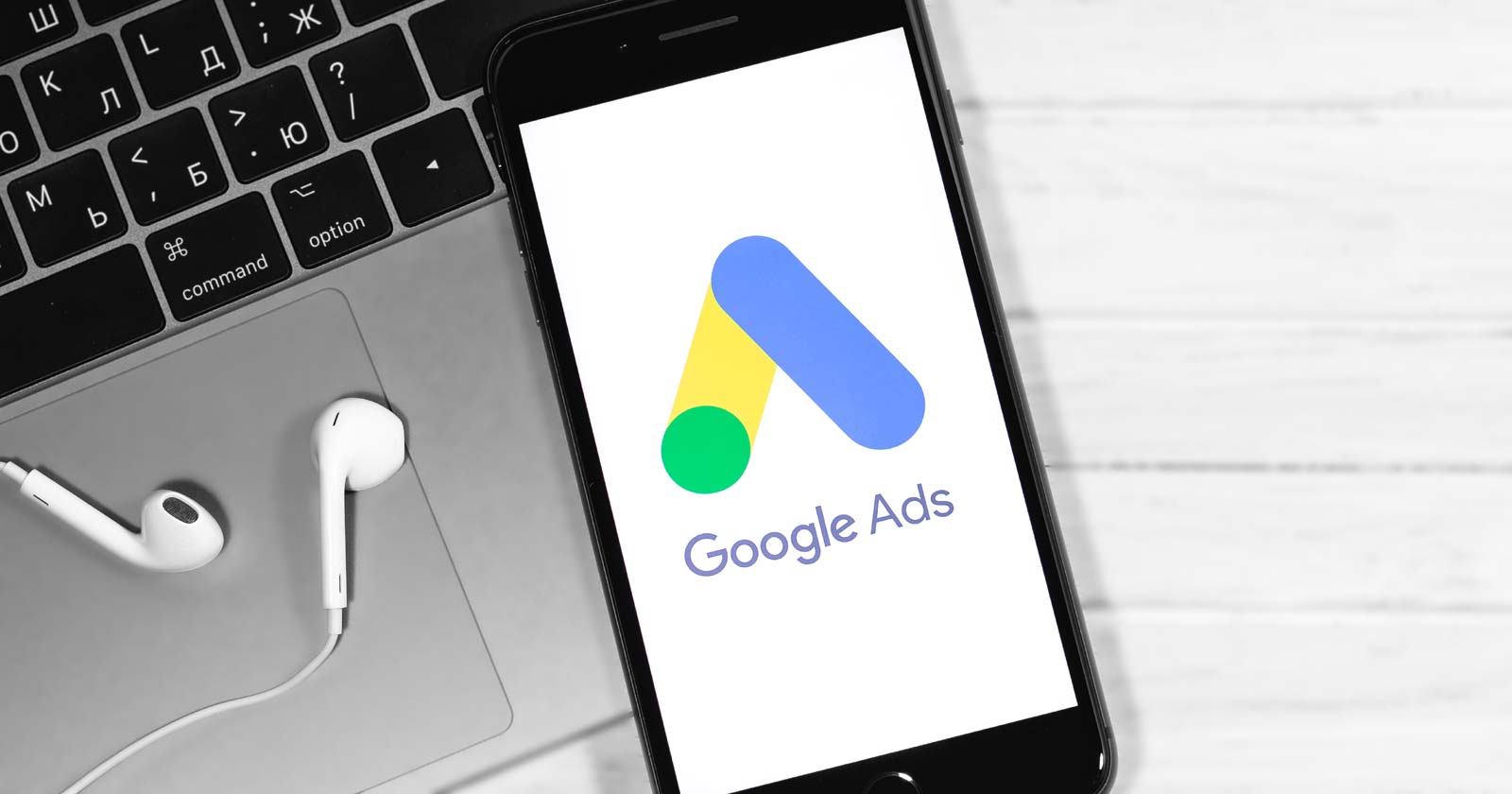Google published a strategy article about data and measurement that reviews the near future of cookies, privacy and tracking conversions. The article outlines what 2023 is going to look like for marketers and what they should be doing now to prepare.
The article notes the startling statistic that in 2020 only 10% of the population were covered by privacy regulations and that by 2023 a full 65% of the population will live in countries with privacy protecting regulations that limit how much of their Internet activity can be tracked.
The article discusses strategies for driving conversions and presents these approaches in the form of busting three myths surrounding the privacy first marketing reality of the very near future.
Three Privacy First Myths
- Myth #1: Cookie deprecation will disrupt website tags
- Myth #2: Accurate measurement relies on third-party data
- Myth #3: Protecting privacy and driving business results are mutually exclusive
Myth 1: Cookie Deprecations and Website Tags
Google notes that third party cookies will eventually be phased out but that this will not affect the ability to accurately measure and optimize Internet marketing campaigns.
They recommend using global site tag (gtag.js) or Google Tag Manager in order to optimize marketing campaigns.
Google stated that these measurement tools provide:
“…accurate measurement, have positive downstream effects, and improve conversion modeling and bidding.”
Myth 2: Loss of Third Party Data Will Impact Accurate Measurement
Third party cookies are what enabled contextually relevant advertising that improved customer targeting for advertisers, what consumers often jokingly refer to as creepy ads.
Google suggests that now is the time to begin planning a First-Party Data Strategy.
The article links to a video titled, “How marketers should think about building a first-party data strategy” featuring Jaylen Baca, a Google Global Product Lead.
He begins the presentation by defining First Party Data as all information collected about each customer from every kind of interaction, including phone interactions, in-store interactions, and app interactions.
Baca suggests creating B2B partnerships with related companies that can help build more first-party data.
He offered this scenario:
“For example, if you’re a food and beverage company, you could consider partnering with a home-meal-kit seller like Home Chef or HelloFresh to broaden your audience reach and build up your data.”
Myth 3: Protecting Privacy Will Negatively Impact Business Results
Google acknowledges that the loss of third-party data will results in “measurement gaps” and states that this is inevitable.
However they suggest that privacy-safe machine learning models can step in to help provide accurate reporting on the customer journey.
Google explains:
“Machine learning works by analyzing data to identify trends, correlations, and other insights that may otherwise be missed, through human error or otherwise.”
There is a link to a five minute video explainer about Conversion Modeling that provides an overview of how machine learning, together with first party data, can help increase campaign performance, citing a study showing that machine learning tools can increase campaign performance by 35%.
Citation
Fact vs. fiction: 3 measurement myths holding back your marketing




